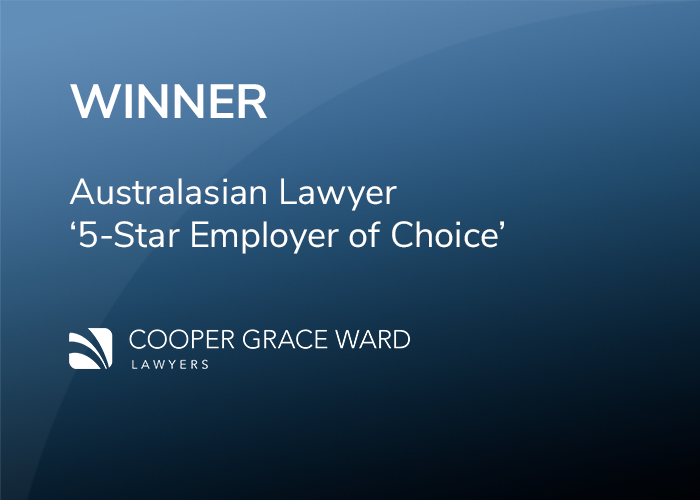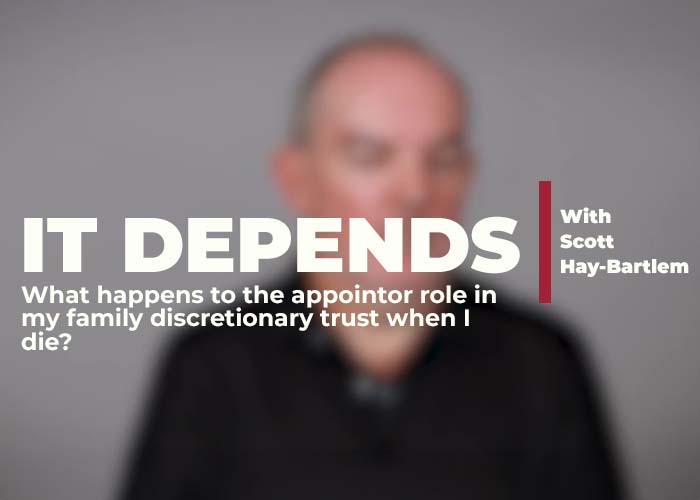Last Friday the High Court unanimously found that the Bendigo Regional Institute of Technical and Further Education (BRIT) did not take adverse action against its employee Gregory Barclay, for a reason prohibited by the Fair Work Act 2009 (Cth).
This decision is significant for employers, as it provides some clarity in relation to adverse action provisions in the Act.
The Act prohibits an employer from taking adverse action against an employee because the employee, among other things, ‘has a workplace right’, ‘is an officer or member of an industrial association’ or ‘engages in industrial activity’.
The facts
In the case of Board of Bendigo Regional Institute of Technical and Further Education v Barclay [2012] HCA 32, BRIT disciplined Mr Barclay, who was a union delegate, over an email he sent to other union members at the workplace. The email contained allegations that unnamed employees of BRIT had been involved in producing fraudulent documents for an upcoming audit. Mr Barclay did not report the allegations to management and refused to provide any details to management when asked to do so. As a result, Mr Barclay was suspended on full pay pending an investigation and was ultimately asked to show cause why he should not be disciplined for the conduct.
Mr Barclay and the union made an application to the Federal Court alleging that BRIT had taken adverse action against Mr Barclay because of his union membership and industrial activity. The first judge who heard the matter accepted that BRIT had disciplined Mr Barclay not because of his union status or union activities, but because of the inappropriate way in which he had raised the allegations of fraud (by email to other employees rather than raising them with management).
The Full Federal Court decision
However, on appeal, the Full Federal Court ruled that when determining the reason the decision maker took the adverse action, a court must consider the real reason for the decision (in this case the decision to discipline Mr Barclay) and that this required a consideration of the objective and ‘subconscious’ reasons for making the decision. It went on to say that the ‘subconscious’ reason might not be the reason that the decision maker genuinely believes they are motivated by.
The Full Federal Court found that the fact that Mr Barclay was a union member and was engaging in union activities would have ‘subconsciously’ been in the mind of the BRIT decision maker when making the decision to discipline Mr Barclay. Therefore the Full Federal Court found that BRIT engaged in adverse action for a prohibited reason. BRIT appealed this decision.
On appeal
The High Court ruled that there is no express provision in the Act that requires the courts to consider any ‘subconscious’ reason for taking adverse action. The direct evidence of a decision maker as to their state of mind, intent or purpose when making the decision will be relevant when determining why the adverse action was taken.
The High Court stated that it would be impossible for an employer to defend an adverse action claim if it was required to prove that the decision maker did not ‘subconsciously’ make a decision for a prohibited reason. In overturning the Full Federal Court’s decision, the High Court found that BRIT had shown that the reason for the adverse action was not a prohibited reason, and that Mr Barclay’s union status and activities were not operative factors in the decision to discipline him.
Lessons for employers
This is an important decision for employers as it provides some clarity in relation to adverse action provisions in the Act and has removed the high burden that the Federal Court had imposed on employers when seeking to prove that they did not act unlawfully.
Employers are still required to prove that the adverse action did not occur for a prohibited reason, but now they can rely on the actual reasons for the decision instead of being concerned about any ‘subconscious’ reason that may be attributed to the decision maker.
If you have any queries about this decision and its impact on your business, please contact Belinda Winter on +61 7 3231 2498.





